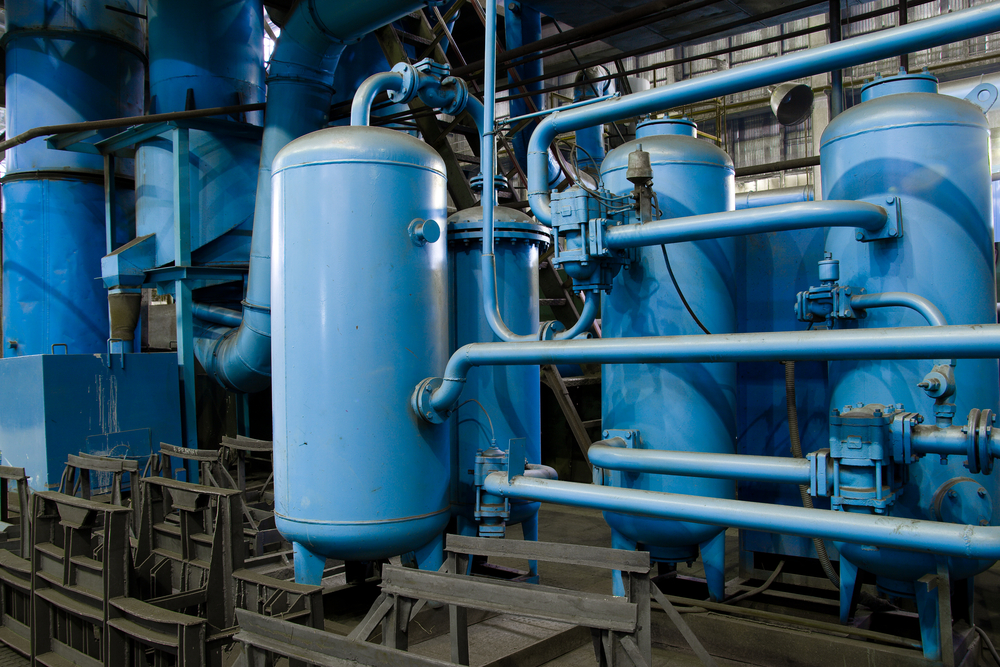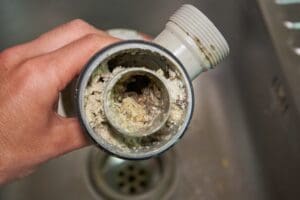We've found this great article relating to 10 Reasons for Low Water Pressure in Your House directly below on the internet and think it made perfect sense to discuss it with you on this page.

Low tide pressure in your home can be an aggravating problem, impacting every little thing from bathing to cleaning recipes. If you're experiencing weak water flow, there are several possible reasons and solutions to explore. In this overview, we'll review common reasons for low tide stress and practical steps to address the issue properly.
Introduction to Low Water Pressure
Low tide pressure happens when the circulation of water from your faucets, showers, and various other fixtures is weak than common. This can make day-to-day jobs much more tough and much less reliable. Recognizing the sources of low water pressure is important to finding the right solution.
Common Causes of Low Water Stress
Faulty Pressure Regulators
Pressure regulatory authorities are accountable for preserving regular water pressure in your home. If they malfunction, it can cause low tide pressure or irregular circulation throughout the house.
Municipal Water Issues
Occasionally, the problem lies outside your home. Metropolitan water supply issues, such as main line leaks or upkeep job, can briefly minimize water pressure in your area.
Pipeline Obstructions
In time, pipelines can become obstructed with natural resource, sediment, or particles, restricting the flow of water. This is an usual concern in older homes with galvanized steel pipes.
Rust
Rust within pipes can bring about leakages and reduced water stress. Corrosion buildup can tighten water flow, particularly in maturing plumbing systems.
Exactly How to Diagnose Low Water Stress
Checking Pipes
Inspect noticeable pipes for signs of leakages, deterioration, or obstructions. Pay attention to any kind of unusual audios, such as banging or rattling pipes, which might indicate problems within the plumbing system.
Consulting with a Plumber
If you're unable to determine the cause of low water stress, take into consideration employing a specialist plumber to conduct a complete examination. They can determine underlying concerns and advise ideal remedies.
Inspecting Taps and Fixtures
Beginning by examining the water stress at various faucets and fixtures throughout your home. If the issue is separated to specific locations, it might indicate local issues.
Do It Yourself Solutions to Take Care Of Low Water Stress
Flushing Water Heater
Sediment buildup in the hot water heater can restrict circulation and lower performance. Flushing the tank occasionally helps eliminate sediment and maintain optimum efficiency.
Checking Stress Regulator
Make certain that the stress regulatory authority is working correctly. Readjusting or changing the regulatory authority can help restore correct water stress throughout your home.
Cleansing Aerators and Showerheads
Natural resources can collect in aerators and showerheads, lowering water circulation. Get rid of and cleanse these elements frequently to enhance water pressure.
Clearing Up Clogs in Piping
For small blockages, try making use of a plumbing serpent or chemical drain cleaner to clear blockages in pipes. Beware when making use of chemicals and follow security guidelines.
When to Call a Professional Plumber
If DIY initiatives stop working to fix the issue or if you think significant plumbing troubles, it's finest to seek help from an accredited plumber. They have the competence and devices to attend to complex problems securely and efficiently.
Preventive Measures to Keep Water Stress
Mounting a Pressure Booster
Consider installing a stress booster pump to enhance water pressure in areas with consistently reduced flow. This can be specifically useful for multi-story homes or buildings with high-demand components.
Monitoring Water Use
Bear in mind water usage practices and stay clear of ill-using the plumbing system. Easy modifications, such as astonishing showers and laundry tons, can aid preserve sufficient water pressure.
Routine Maintenance
Arrange regular upkeep for your plumbing system to prevent issues such as rust, leaks, and obstructions. Resolving small troubles early can assist stay clear of more considerable repair services in the future.
Conclusion
Dealing with low water pressure can be irritating, yet identifying the underlying reasons and applying suitable services can restore optimal circulation throughout your home. Whether it's cleaning aerators, inspecting pipes, or talking to a plumber, taking positive steps can make certain a constant supply of water for your daily demands.
FOUR WAYS TO FIX LOW WATER PRESSURE NOW
Turning on a shower or faucet only to find the water comes out in a sad, slow drizzle is never a good feeling. How exactly are you supposed to wash a pan or take a quick shower when it takes 10 minutes just to rinse off a little soap? The good news is that when your water pressure is bad, there's always a cause: typically one that can be easily fixed. Here are some of the most common causes of low pressure and what you can do to fix the issue:
DEBRIS AND MINERAL DEPOSIT BUILDUPS
If you notice low water pressure from just one or two of the fixtures in your house, the problem likely has to do with debris buildup. Water is full of minerals and other debris, all of which can accumulate in your pipes and on your fixtures. This can cause a blockage that affects how much water flows through. To fix this, try filling a small plastic bag with white vinegar, and use a rubber band to hang it around your showerhead or faucet. Let the head of the fixture soak for a few hours, and the vinegar should loosen the deposits.
WATER LEAKS
Leaks are another common cause of low water pressure. If water is flowing out of your plumbing through a hole or crack before it can reach your fixture, the pressure coming out of the faucet or showerhead will be lower. A plumbing professional is your best bet for finding and repairing a leak in your water supply pipes.
Leaks are another common cause of low water pressure. If water is flowing out of your plumbing through a hole or crack before it can reach your fixture, the pressure coming out of the faucet or showerhead will be lower. A plumbing professional is your best bet for finding and repairing a leak in your water supply pipes.
A VALVE ISSUE
If you have low water pressure throughout your home, check your main shut-off valve to make sure it's completely open. You may also want to see if there's a pressure-reducing valve installed. If there is, have a plumber help you adjust the settings to get the pressure you're looking for.
OTHERS USING WATER
Believe it or not, your low water pressure could be caused by your neighbors. If you notice low pressure at certain times of day, it may be because you and the people living next to you have similar schedules - when everyone is showering at the same time, the pressure will be lower in every home. Low pressure throughout the neighborhood may also be caused by an issue with your municipal water supply. If that's the case, call the supplier to see if they're working on the issue.
https://www.rotorooter.com/blog/water-leaking/low-water-pressure-fixes/

Do you appreciate more info about ? Give feedback below. We'd be pleased to know your ideas about this page. In hopes that you visit us again in the near future. In case you enjoyed our post kindly consider to share it. We thank you for your readership.
Call Today